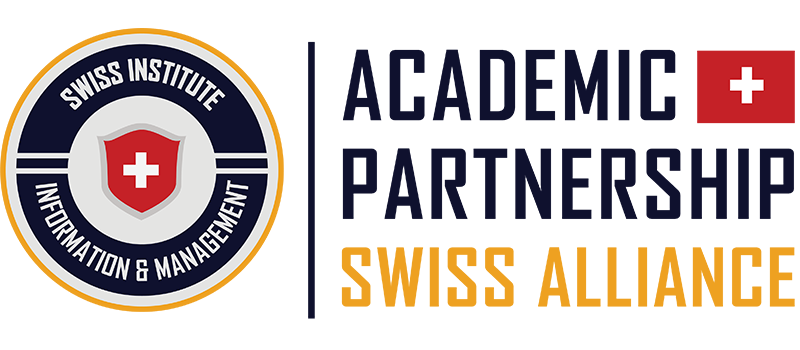Metacognition, the ability to think about one’s own thinking, plays a vital role in shaping students into self-regulated learners. By developing metacognitive skills, students gain the ability to monitor and regulate their learning processes, leading to improved academic performance and long-term success. As educators, it is essential to understand the significance of metacognition and to employ effective strategies that foster its growth among students.
This article explores the concept of metacognition and its importance in education. It delves into the role of educators in promoting metacognition, highlighting key strategies that can be implemented within the classroom. Furthermore, it provides insights into assessing and monitoring metacognitive growth, overcoming challenges, and includes case studies that exemplify successful integration of metacognitive strategies.
By enhancing students’ metacognitive abilities, educators empower them to become active participants in their learning journey, capable of setting goals, monitoring progress, and making informed decisions. This article aims to equip educators with the knowledge and tools necessary to foster metacognition, ultimately helping students become self-regulated learners poised for academic achievement and lifelong learning.
Understanding Metacognition and Its Benefits:
Metacognition, the ability to think about and regulate one’s own cognitive processes, plays a crucial role in learning and academic success. It comprises three key components: knowledge of cognition, regulation of cognition, and self-awareness.
- Knowledge of Cognition:
- Understanding how learning works and the various cognitive strategies available.
- Awareness of different learning styles and preferences.
- Recognizing strengths and weaknesses as a learner.
- Regulation of Cognition:
- Setting goals and planning learning strategies.
- Monitoring progress and evaluating the effectiveness of learning approaches.
- Making adjustments and adapting strategies based on feedback.
- Self-Awareness:
- Reflecting on one’s thoughts, emotions, and actions during the learning process.
- Recognizing personal learning preferences and metacognitive strengths and weaknesses.
- Developing a sense of agency and responsibility for one’s own learning.
Developing metacognitive skills offers several benefits to students. It enhances learning by actively engaging them in the process and optimizing the use of effective strategies. It improves problem-solving and critical thinking abilities, empowering students to analyze problems, evaluate options, and find creative solutions. Metacognition also promotes self-regulated learning, enabling students to set goals, monitor progress, and adapt their strategies. Additionally, metacognitive skills facilitate the transfer of learning to different subjects and contexts, enhancing overall academic performance and fostering lifelong learning abilities.
Strategies for Developing Metacognitive Skills
To foster the development of metacognitive skills in students, educators can employ various strategies that promote self-regulated learning. One effective approach is to incorporate mindfulness and self-awareness exercises into the classroom routine. Introducing mindfulness practices, such as guided breathing exercises and body scans, cultivates students’ self-awareness and helps them focus on the present moment. Additionally, engaging students in reflective journaling allows them to delve into their thoughts and feelings, fostering self-reflection and metacognitive exploration.
Another strategy involves teaching students the importance of goal setting and progress monitoring. Educators can guide students in setting SMART goals (Specific, Measurable, Achievable, Relevant, Time-bound) and breaking them down into manageable steps. By regularly assessing their progress and adjusting goals accordingly, students develop metacognitive skills related to self-monitoring and self-regulation.
Guided reflection activities provide opportunities for students to analyze their learning experiences and develop metacognitive thinking. Through journaling or group discussions, students can reflect on their strengths, weaknesses, and alternative approaches. The teacher can provide structured reflection questions to guide their metacognitive exploration and facilitate deeper self-understanding.
Employing think-aloud and questioning techniques can also enhance metacognition. Teachers can model metacognitive processes by thinking aloud during problem-solving or decision-making tasks, explicitly verbalizing their thought processes. Encouraging students to ask metacognitive questions, such as evaluating their strategy choices or considering alternative approaches, prompts them to engage in metacognitive reflection and self-analysis.
Additionally, incorporating self-regulation strategies, such as time management and organization, supports metacognitive development. Educators can teach students effective time management skills, including prioritizing tasks, creating schedules, and avoiding procrastination. By providing strategies for organizing materials, setting up study environments, and managing distractions, educators empower students to take ownership of their learning process and regulate their own learning effectively.
By implementing these strategies, educators can empower students to become self-regulated learners with strong metacognitive abilities. It is important to tailor these strategies to individual student needs and provide ongoing support and guidance throughout their metacognitive growth journey.
Assessing and Monitoring Metacognitive Growth
Assessing and monitoring metacognitive growth is essential to understand the progress of students in becoming self-regulated learners. Here are some strategies and approaches for evaluating metacognition:
1. Formative assessment strategies for metacognition
- Self-assessment: Encourage students to reflect on their own learning processes and assess their level of metacognitive awareness and application.
- Reflection journals: Assign regular journal entries where students can document their metacognitive experiences, challenges, and growth.
- Metacognitive questionnaires: Administer questionnaires or surveys that assess students’ understanding of metacognition and their ability to use metacognitive strategies.
2. Observational methods to track metacognitive behaviors
- Classroom observations: Observe students during class activities and note their use of metacognitive strategies such as planning, monitoring, and adjusting their learning approach.
- Peer observations: Encourage teachers to observe and provide feedback to their colleagues regarding metacognitive instruction and implementation in the classroom.
- Video recordings: Use video recordings to capture student interactions and behaviors, allowing for later analysis of metacognitive practices.
3. Using student self-assessment and reflection tools
- Metacognitive logs: Provide students with a structured log or worksheet to record their thoughts, strategies, and reflections throughout the learning process.
- Rubrics for metacognitive skills: Develop rubrics that explicitly outline the criteria for assessing metacognitive skills, such as goal-setting, monitoring, and reflection.
- Individual conferences: Engage in one-on-one conferences with students to discuss their metacognitive development, provide personalized feedback, and set goals for improvement.
By employing these assessment and monitoring strategies, educators can gain insights into students’ metacognitive growth and tailor instruction accordingly. It also empowers students to take ownership of their learning and develop lifelong metacognitive skills.
In conclusion, metacognition is vital for students to become self-regulated learners. Educators can promote metacognition by implementing strategies such as mindfulness exercises, goal setting, guided reflection, and self-regulation techniques. Assessing and monitoring metacognitive growth allows educators to provide personalized support. By nurturing metacognition, educators empower students to take ownership of their learning, develop critical thinking skills, and succeed in the long term. Prioritizing metacognitive instruction transforms students’ learning experiences and equips them with valuable lifelong skills.
Source: European Education Holdings – Academic Partnership Alliance


